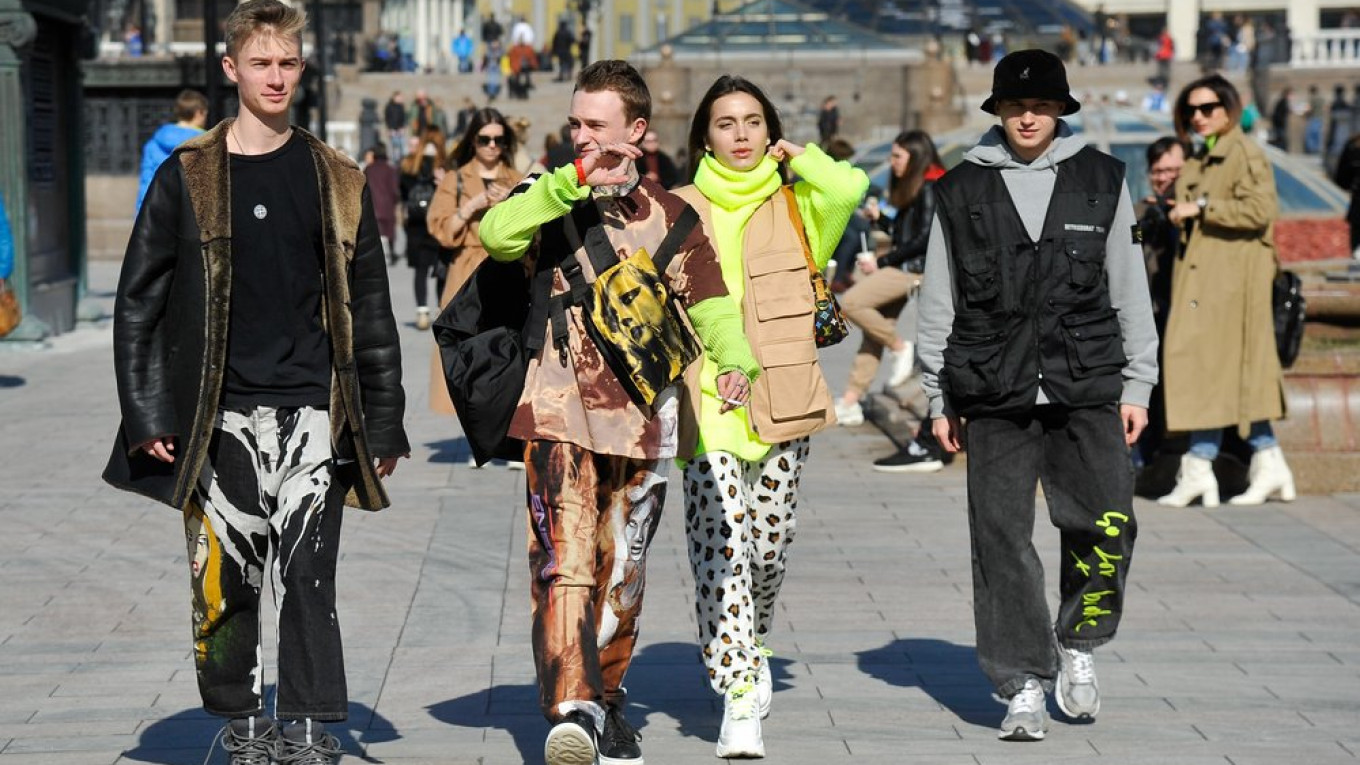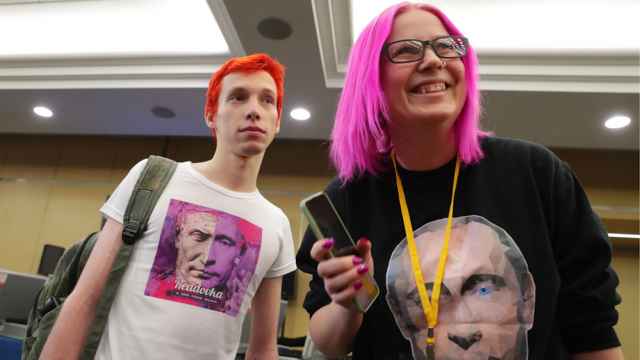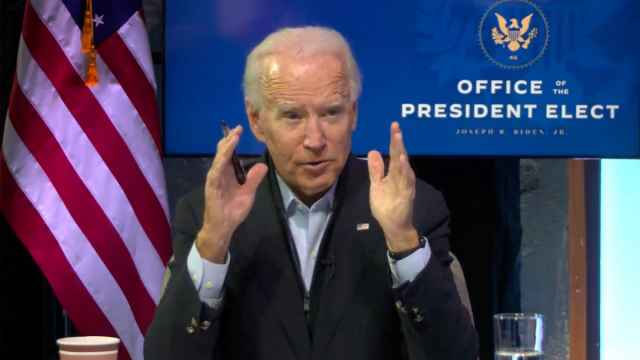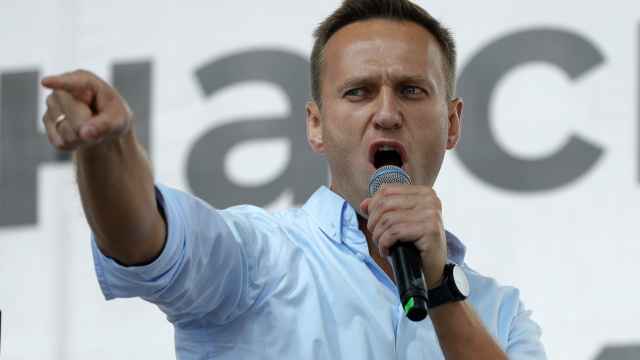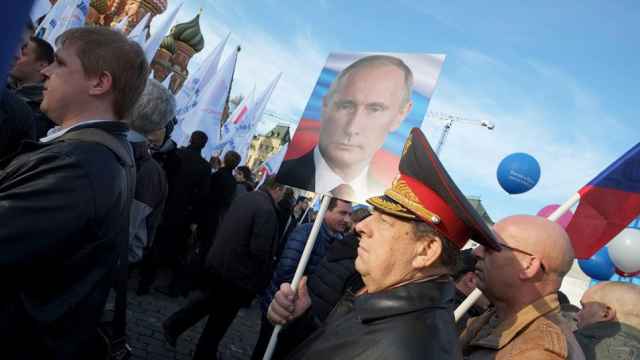More than 80% of young Russians have no interest in politics, according to a new survey on Generation Z’s values published by the Vedomosti business daily Thursday.
Russian authorities have targeted the country's youth with several initiatives, including a ban on minors attending protests, funding for military and patriotic education and a plan to monitor youngsters’ online behavior. Last summer, thousands of young activists took part in a wave of anti-government protests that gripped Moscow.
Only 19% of Russian respondents aged between 14 and 29 expressed an interest in politics, according to a poll conducted by Russia’s independent Levada Center and Germany’s Friedrich Ebert Foundation cited by Vedomosti.
“Politics is boring and de facto nonexistent [for young people],” Vedomosti quoted Andrei Kolesnikov, senior associate for the Carnegie Moscow Center think tank and the chairman of its domestic politics program, as saying.
“It’s interesting to engage in it when there’s competition between real actors. That’s why young people have no incentive to get involved in politics,” Kolesnikov added.
Peer Teschendorf, the head of the Friedrich Ebert Foundation’s Russia office, echoed that assessment: “The youth sees that there will be a strong reaction to their activity, so that’s why they don’t want to engage in politics.”
The survey also measured young Russians’ attitudes toward migration, their views of the West and trust in institutions.
Only 16% of young Russians expressed a “strong” or “very strong” desire to migrate, compared with 49% who said they wouldn’t like to travel abroad for more than six months at a time.
Only one-third of young respondents identified Russia as a European country, while slightly over half (52%) said they believe Russia could maintain friendly relations with the West.
Young Russians were most likely to express distrust toward international organizations like NATO (56%), political parties (50%) and labor unions (44%). Conversely, volunteers (49%), the army (44%) and the president (42%) were the institutions that generated the most trust.
Levada and the Friedrich Ebert Foundation conducted the survey among 1,500 Russian respondents between the ages of 14 and 29 in May-June 2019. It included five focus groups in three Russian cities including Moscow.


